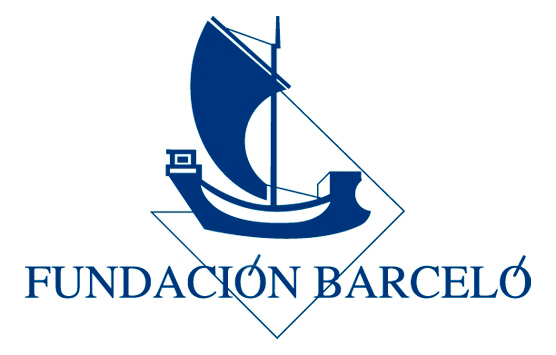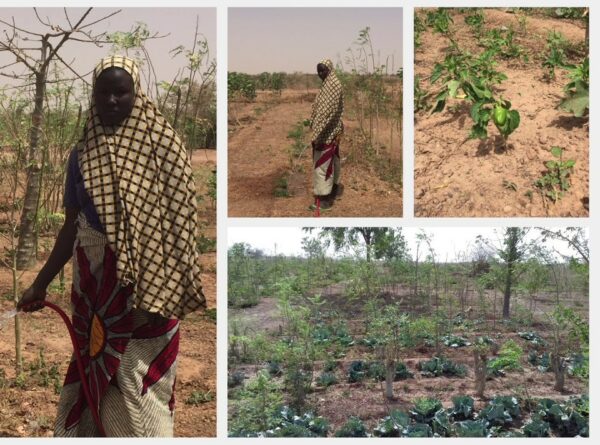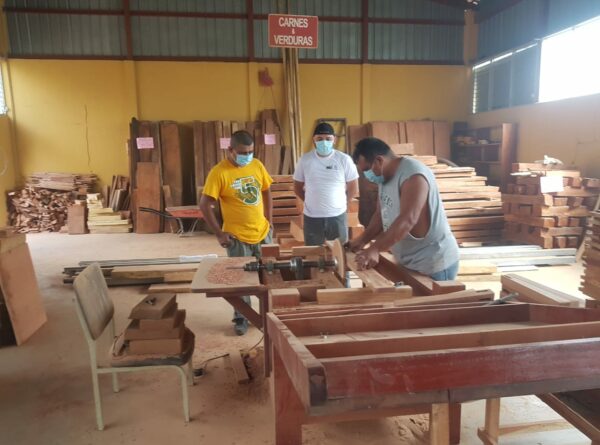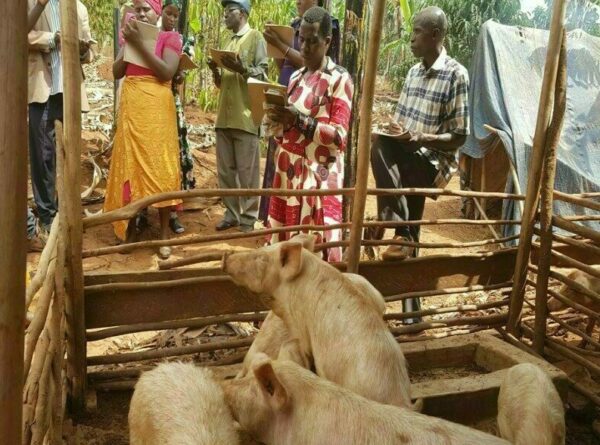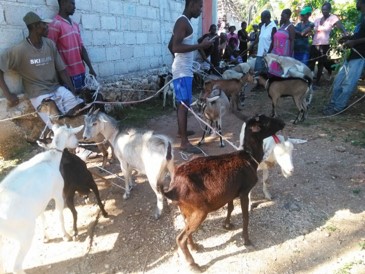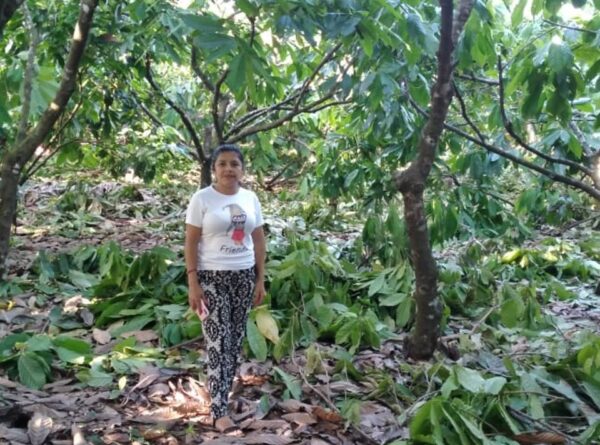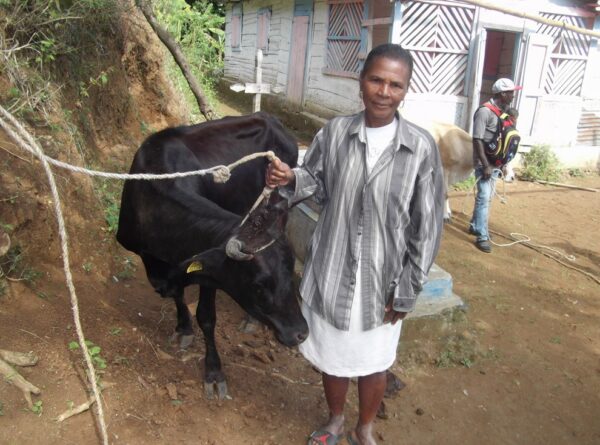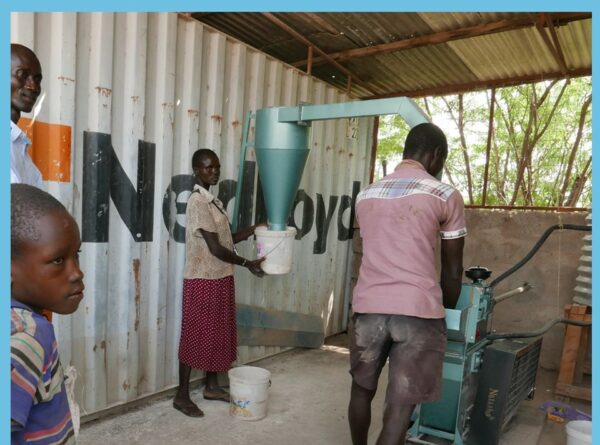
El punto de partida para un mundo sin pobreza ni hambre es el mundo rural. Se estima que 3.400 millones de personas, alrededor del 45% de la población mundial, viven en las zonas rurales de los países en desarrollo.
La mayoría depende de las pequeñas explotaciones agrícolas familiares para su sustento y sus ingresos. Los habitantes de las zonas rurales cultivan los alimentos que sustentan a sus naciones, pero también son desproporcionadamente pobres: el 80% de las mujeres, los niños y los hombres que viven en la pobreza extrema viven en zonas rurales, no en ciudades.
Por este motivo desde la Fundación consideramos que invertir en la población rural es una solución a largo plazo para muchos de los problemas que enfrentamos en la actualidad.
¿Por qué la agricultura?
En África subsahariana, la inversión en agricultura es hasta 11 veces más eficaz para reducir la pobreza extrema que la inversión en cualquier otro sector.
¿A qué se debe esto?
Las pequeñas granjas exitosas dan trabajo a trabajadores no calificados. Las pequeñas explotaciones familiares generan ingresos que se gastan en las comunidades rurales y estimulan las economías rurales, lo que a su vez contribuye a la paz y la seguridad.
Es por ello que hemos desarrollado grandes proyectos de agricultura como el proyecto Payma en Niger o proyectos de granjas familiares, huertos y para poder tener una mejor educación a nivel agrícola, hemos iniciado una escuela de formación en agricultura en Kenia para que los más pequeños aprendan desde la infancia como poder dar rendimiento a su tierra.
Como las características del suelo no son iguales en las zonas dónde actuamos, hemos invertido en pozos, en sistemas de regadío, en invernaderos y en paneles solares para poder optimizar los pozos y los recursos naturales.

